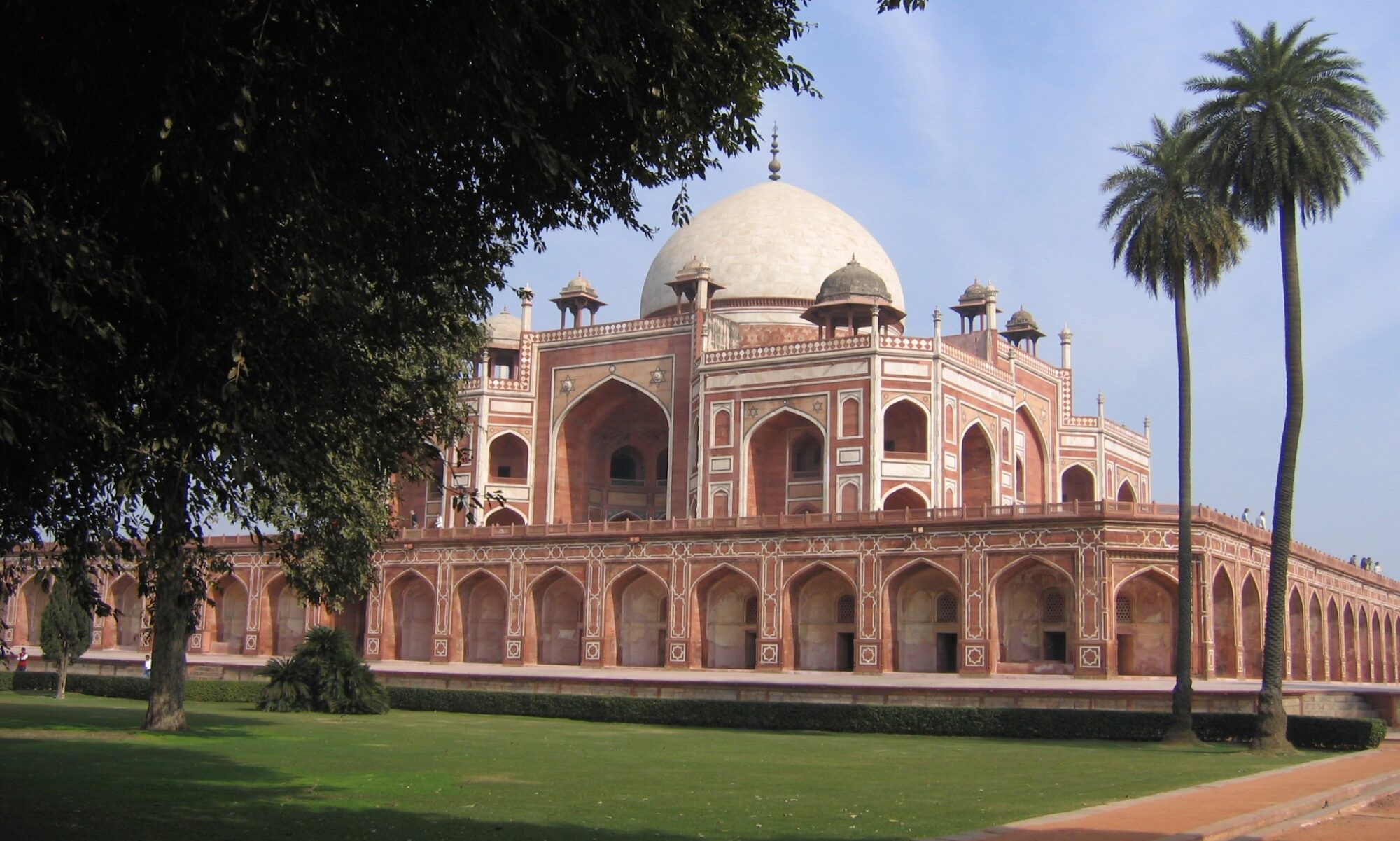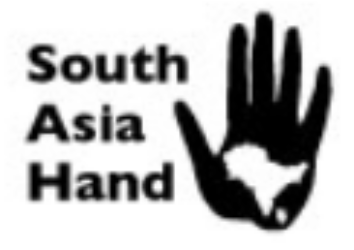An op-ed by Teresita C. Schaffer on the opportunities for to further relationships between the U.S. and Pakistan, and the Pakistani government and the citizens of Pakistan, following catastrophic floods.
The U.S. response to the Kashmir earthquake five years ago produced a substantial “bounce” in popular views of the United States in Pakistan. We are operating in a more harshly anti-American environment today, but we can expect that both the government and the people afflicted by the floods will be appreciative of the U.S. contribution once the relief workers have succeeded in setting up a system that can work reasonably well.
Originally published on the New York Times web site on August 23, 2010.

